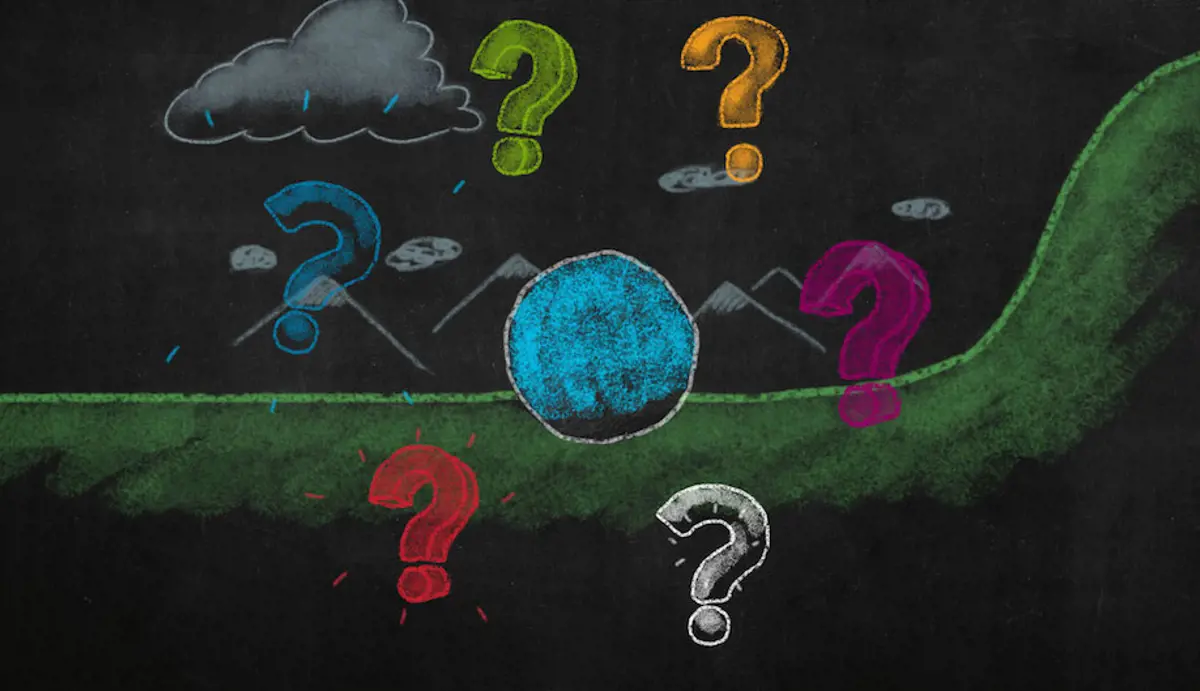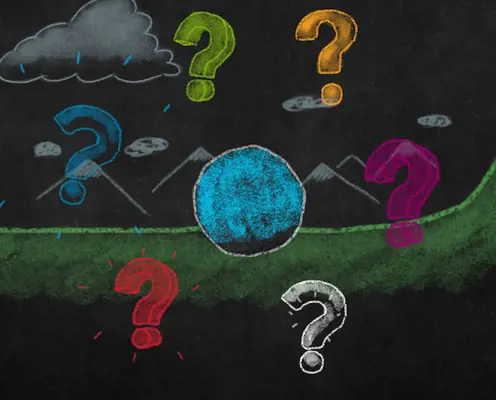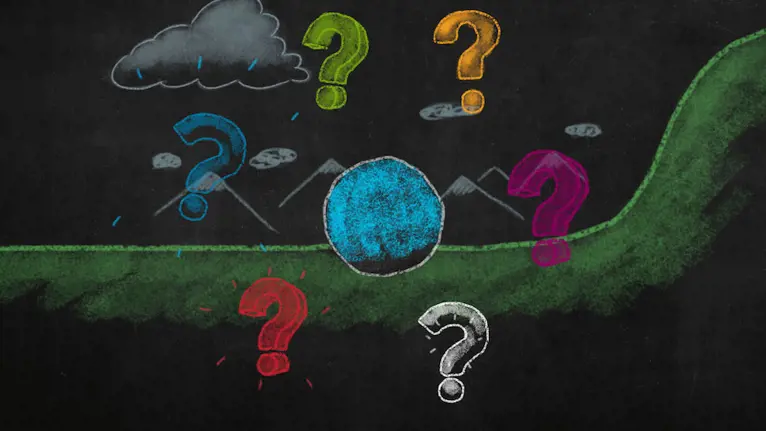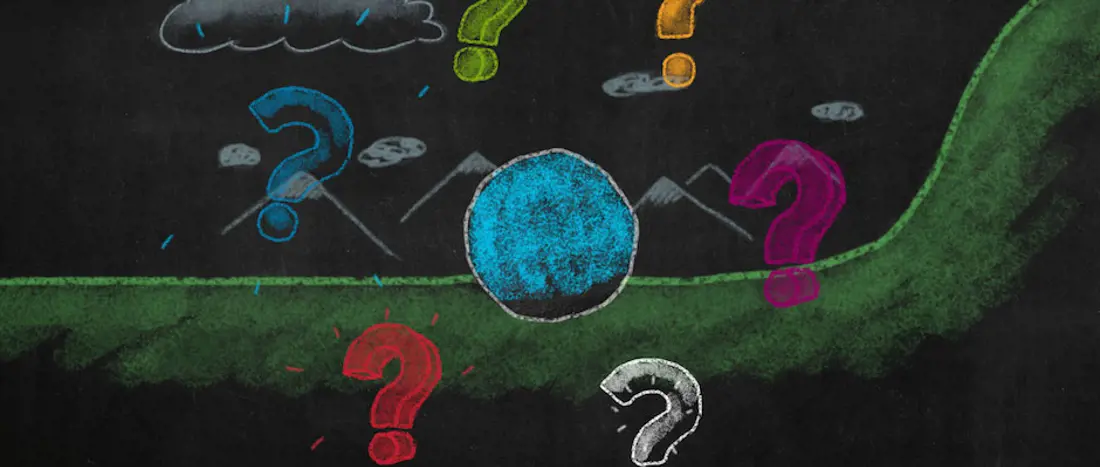6 stages of problem solving




Problems affect everybody and come in all shapes and sizes. Maybe you’re struggling to prepare for an exam, you’re biting your nails waiting to hear back on a job application, or you want to help your community but aren’t sure how. By solving your problems you can stop worrying and get on with things.
Whatever’s bothering us, problems are easier to solve if we break them down into manageable chunks. Remembering these six simple steps will make solving any problem easier.
1. Identify
What’s the problem? Make sure you’re clear on what lies at the heart of the issue. Seeing what it looks like is the best place to start.



